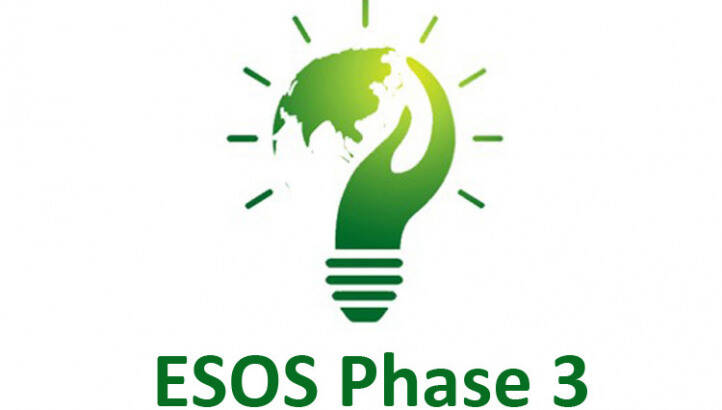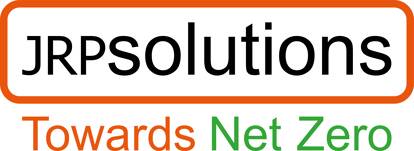The long awaited reformed terms for ESOS Phase 3 have just been announced. So what's new and what does this mean for your organisations? Owen Jones, JRP Principal Energy and Sustainability Consultant and a qualified ESOS Lead Assessor, has analysed the consultation response and reports as follows.

It appears that the response to the consultation has been measured. While this may be helpful to some organisations who have already started on phase 3 compliance, it is a disappointment to many energy and sustainability leaders who were hoping that this process would be a step towards making implementation of energy efficiencies a legal requirement. Surely wasting energy, when there is a known solution, should be illegal! It’s immoral if nothing else! It feels frustratingly inadequate to say that more wide-reaching changes are expected for phase 4.
The principal changes for Phase 3 can be summarised as follows:
- Significant energy consumption de minimis has been reduced to 5% from 10% in phase 3
- Additional standard details will be required to be included in ESOS reports. These are:
- Business SIC codes will be required.
- The details of other auditors/report writers in addition to lead assessor will be required e.g. any 3rd party involved in collating data.
- A report on actions taken since last the last ESOS report will be required.
- An energy metric will need to be included in reports (kWh/m2 – kWh/mile, kWh/production).
- Participants need to justify choice of lead assessor based on appropriate skills/ knowledge. The response is still a bit vague on how this will be done and whether this is actually required for phase 3.
- The report will be required to include more detailed ‘Next Steps’ including possible funding options – although the funding detail is still to be confirmed.
- Organisations will need to share their reports with subsidiaries and sites.
- Additional data will be required to be included in the ESOS report.
- A standard ‘recommendations’ template will be published for organisations to use.
The main changes for phase 4 onwards are likely to be:
- Net Zero is to be part of ESOS report – although it is not clear from the response how this is going to work and it is likely to significantly increase reporting costs.
- A consumption threshold is to be introduced for organisations/site (40MWh/yr is suggested). This will exclude many low energy using organisations from ESOS who otherwise would meet the compliance criteria.
- Recognised standards for reports will be required e.g. ISO 50002/EN 16247.
- The ESOS report must give explicit advice on data collection, aM&T, controls and settings and staff training/awareness.
- Exemption through DECs and GDA will no longer be allowed.
- The qualification date is to be brought forward to allow more time for compliance
- Consideration will be given for rewarding early compliance.
- ESOS recommendations to be aligned with Net Zero ambitions – a new standard on Net Zero reporting is to be created to facilitate this.
- Net Zero adaptation and resilience are to be considered in ESOS recommendations.
- Targets or action plans are to be created and published based on ESOS findings.
- There will be a requirement to report annually, either via SECR or an ESOS portal, if targets or action plan have been met.
- Qualification will be ONE of the following 250 employees, £18m balance sheet, £36m turn over.
Disappointingly there is no reference at all to behaviour change, despite us and many others lobbying for it to be included. There are a lot of decisions still to be made, with a motley mixture of Phase 3 changes now (very few), of which some voluntary, and, as predicted, many possible changes put into Phase 4. Most of the proposed changes are subject to parliamentary approval anyway, so they could still change or not happen at all!
In conclusion, the response to the consultation really does seem to be a case of playing around at the edges and kicking the can down the road to phase 4. All in all, a lost opportunity for the positive action needed to meet our Net Zero targets. We can only hope that a new energy minister in September will be more prepared to grasp the nettle.
If you would like to speak to one of our experts about what the changes mean for your organisation or would like a fee quotation for carrying out your ESOS audit please contact info@jrpsolutions.com or call 0800 6127 567.
N.B. The information contained in this entry is provided by the above supplier, and does not necessarily reflect the views and opinions of the publisher


